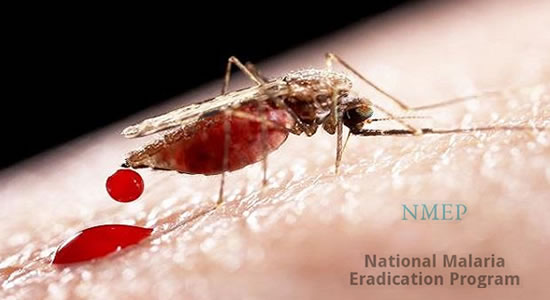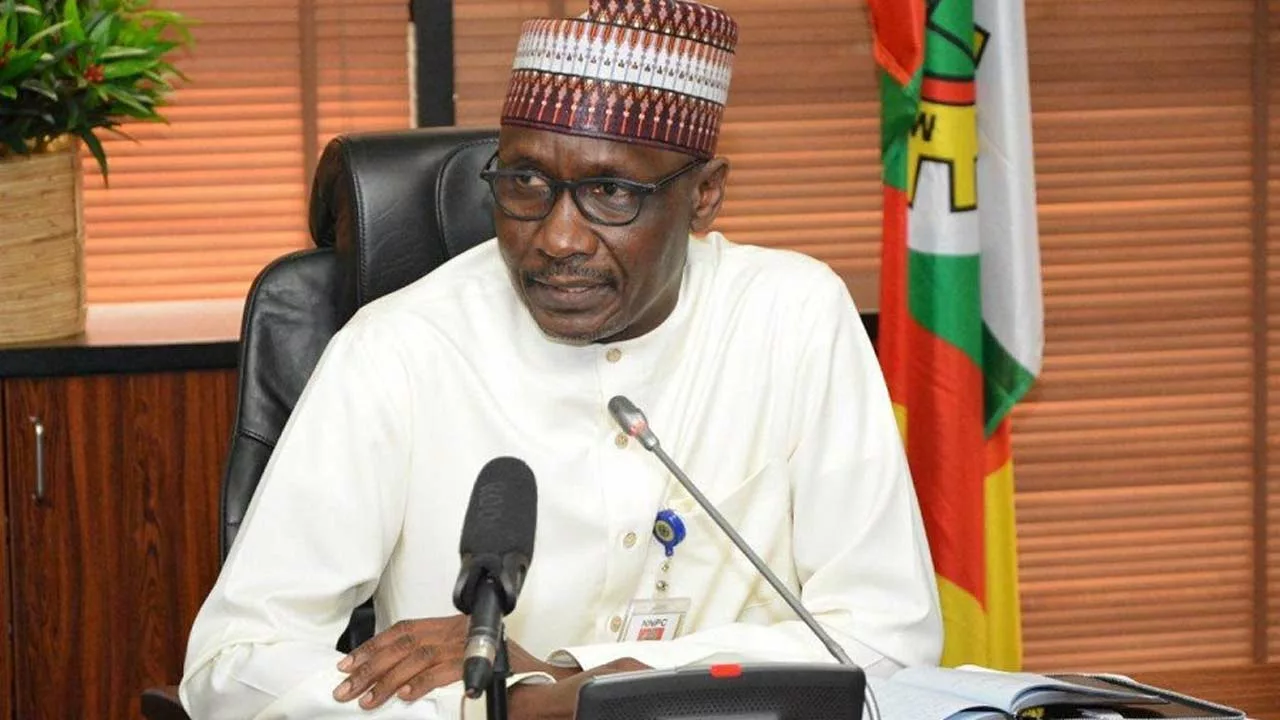The National Malaria Eradication Programme, NMEP, in Nigeria says number of death as result of Malaria infection has declined from nine hundred and fifty thousand in 2000 to four hundred and forty five thousand in 2016 globally. The National Coordinator, National Malarial Eradication Programme Dr. Audu Bala Mohammed stated this during the first quarter media chat of the organisation in Abuja.
He explained that Nigeria has made significant efforts towards the implementation of its interventions programme to curtain the menace of Malaria disease in the country. Dr Mohammed noted that, in 2017, the organisation and its relevant partners have distributed over twenty four long lasting Insecticidal Nets in seven States across the country as part of efforts to prevent Mosquitoes bite.
He also said that, one hundred and thirty million Artemisinin Combination Based Therapy medicines were also dispensed in 2016 and about twenty five dispensed in October 2017 to treat positive cases.
The National Coordinator then examined other area of interventions to include, Intermittent Preventive Treatment in Pregnancy, Integrated Community Case Management and the Seasoned Malaria Chemoprophylaxis.
According to him, the elimination of malaria requires a behavioural communication changes which s key to achieving the desire goal.
“It is against this backdrop that the National Malaria Elimination Programme is soliciting the support and partnership with the media through dissemination of correct malaria messages and latest finding in their various media platform”, he stated.
Dr Mohammed pointed out that malaria is preventable, treatable and curable but yet it reminds a major public problem in Africa and Nigeria and also major barriers to social and economic development in sub- Sahara Africa especially in Nigeria.
“Malaria is still responsible for 11% of maternal death and 30% Child death in Nigeria. It also contributed to 60% of out-patient visit to health facilities, 15% of low birth weight, maternal anemia, stillbirth, miscarriage and other pregnancy related complication”, Dr Mohammed stressed.
The National Coordinator also said that N300 billion is lost annually to treating malaria diseases in Nigeria.
While presenting a paper on a Case Management of Malaria and menace of Anti-malaria monotherapy in Nigeria, the Head of Case Management with National Malaria Elimination Programme Dr Nnenna Ogbolafor said that, there is declined in malaria considering decrease in malaria disease in Nigeria from 42% in 2010 to 27% in 2016.
She however called on Nigerians to strive to always keep their environments clean.
On his part, the Director Phamacovigilance and post marketing with National Agency Food and Drugs Administration, Pharmacy Ali Ibrahim noted that NAFDA has collaborated with NMEP over the year in a number of programmes including medicce quality monitoring and event monitoring of malaria.
Pharmacy Ibrahim said that, to reduce the burden of malaria and the development of resistance, the World Health Organisation has recommended Artemisinin Base Combination Therapy for the treatment of uncomplicated malaria.
He also explained that NAFDA is collaborating with Nigeria Custom Service and other regulatory Agency at port and borders to mob-up illegal importation of unapproved vaccine for malaria treatment in the country.
The theme for the media chat is the “Use of Monotherapy for the treatment of Malaria: its implications for the elimination of malaria”.




















